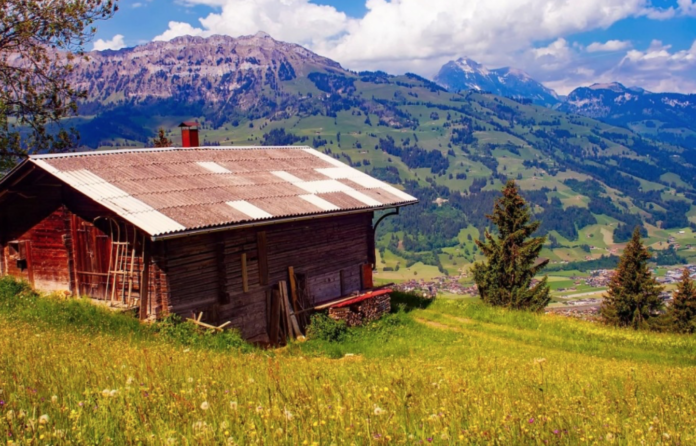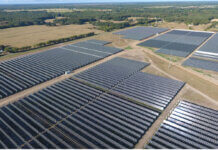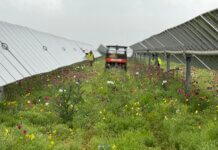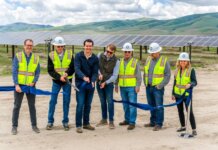Researchers at the University of Maryland (UMD) have been awarded nearly $500,000 by the U.S. Department of Agriculture’s Agriculture and Food Research Initiative (AFRI) to lead a new multi-institutional investigation of solar power production on rural or agricultural land.
With large-scale solar projects expanding quickly throughout the country and new economic and policy incentives for renewable energy sources, agricultural land has become both a desirable and increasingly controversial site for solar panel installation. Leasing rural or agricultural land for solar production can provide many potential benefits to the landowner or farmer, but may also represent economic losses to the agricultural sector while changing the identity and dynamics of rural communities.
These costs and benefits have not been fully explored by researchers, and without this knowledge, there is confusion among landowners about how to make sense of offers to lease their land for solar power production. With this new grant, researchers will be filling in these gaps in knowledge to help lay the groundwork for larger-scale nationwide research and education programs on solar power to serve rural landowners and ensure they can make the best possible decisions.
“People are very passionate about this issue of solar power on agricultural land, but it is confusing for farmers and landowners. And only a handful of attorneys in Maryland have any experience with the legalities involved,” says Paul Goeringer, senior faculty specialist at the Department of Agricultural & Resource Economics.
“We are looking at solar power from a legal standpoint with the help of expertise from partners at Oklahoma State University and focusing on rural development with the help of colleagues from Cornell University. What are the legal and economic implications for solar power on agricultural land? Being able to say here is what a good lease looks like for your land, here are jobs lost and created, here are the impacts to communities – we can give people a better and more well-rounded view of how solar development would impact their lives,” he adds.
By partnering across Maryland, Oklahoma and New York state to conduct this initial research, the team is hoping to represent different types of markets nationwide and give a sample of how this could apply to the country.
The project will begin with a needs assessment to evaluate what people have seen in land leases they have been offered by solar companies, as well as their current knowledge and confusions around solar power production to better define what educational materials and outreach efforts are needed. Resources produced from this research will be targeting attorneys and extension agents primarily, taking an approach that educates the main resource centers that rural landowners and farmers will be seeking out when they want to learn more.
In order to address these questions, the researchers will be surveying rural landowners to make sure all of their legal concerns, responsibilities for solar panel maintenance, pricing and leasing confusions, and the pros and cons economically and legally are examined across the agricultural sector.
In addition to educating attorneys, the team hopes that findings will help inform policy, serving as a contextual background to help local legislators and community boards make the best informed decisions possible for their constituents.
This work is supported by the AFRI program from the U.S. Department of Agriculture, National Institute of Food and Agriculture (USDA-NIFA), Award # 2020-68006-31182.




